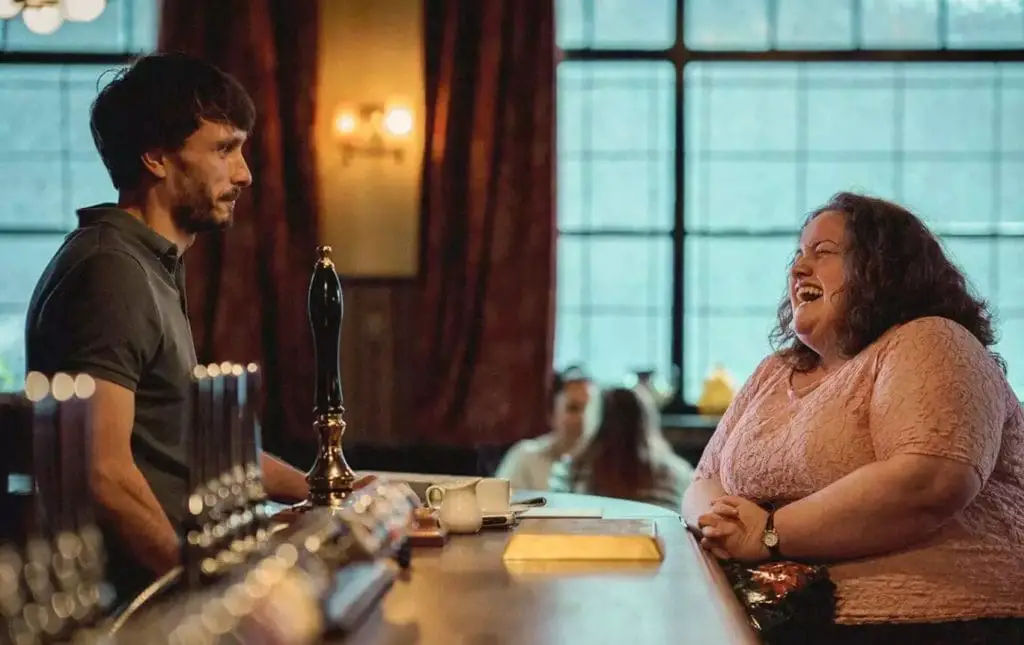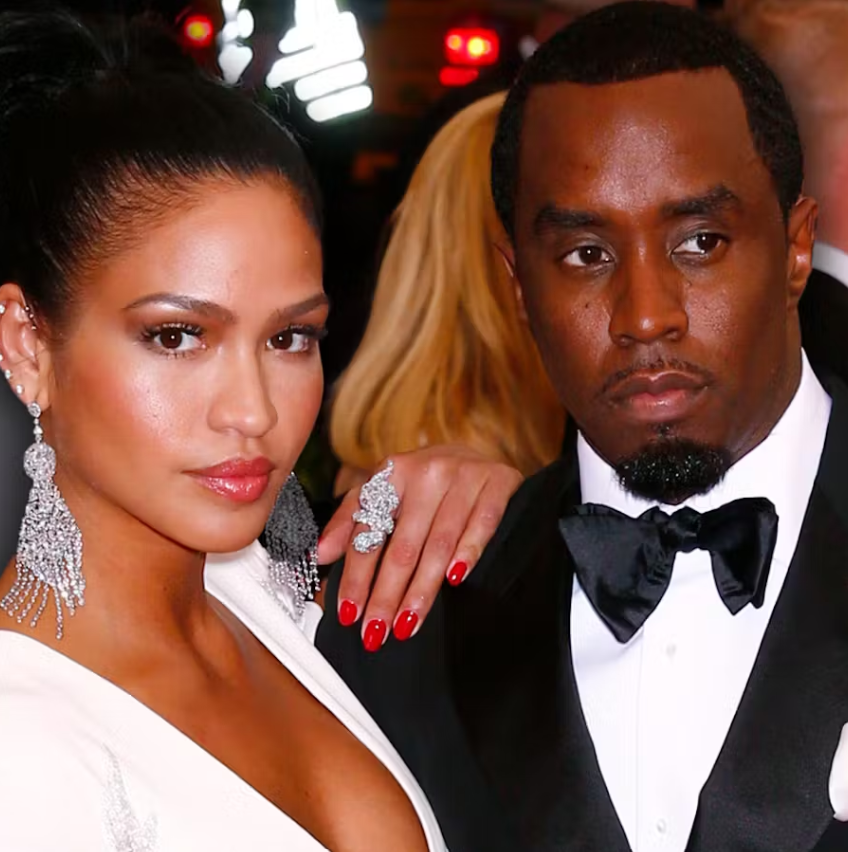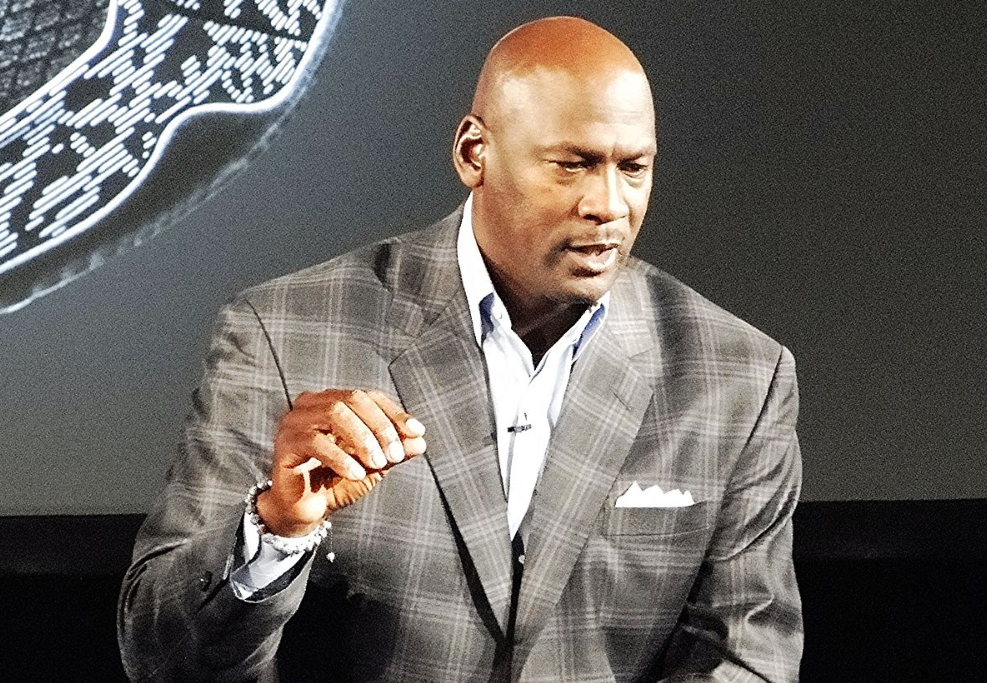Fiona Harvey, the woman believed to be the inspiration behind the villain in Netflix’s series “Baby Reindeer,” is suing the streaming giant for over $50 million, alleging defamation. Harvey claims that Netflix depicted her inaccurately as an obsessive stalker of the main character, played by Richard Gadd. She asserts that Netflix included real phrases she’d used and details about her job, making her easily identifiable to the public.
Harvey states that this portrayal has led to widespread harassment and damage to her reputation. She denies the allegations of stalking and sexual assault portrayed in the show and accuses Netflix of negligence and failing to verify the true story. Harvey is seeking compensation for defamation, negligence, intentional infliction of emotional distress, and violation of her right of publicity.

According to the lawsuit, Harvey alleges that Netflix’s depiction of her character has caused severe emotional and psychological distress. She claims that the false portrayal has not only tarnished her personal and professional reputation but has also led to threats and harassment from viewers who believed the fictional account. Harvey’s lawyer argues that Netflix’s actions were reckless and lacked due diligence in ensuring the accuracy of the story.
The controversy has sparked a broader debate about the responsibilities of streaming platforms in portraying real-life individuals. Critics argue that while artistic license is necessary for storytelling, it should not come at the expense of a person’s reputation and mental health. This case could set a precedent for how streaming services handle real-life inspirations in their content.
As the lawsuit progresses, the entertainment industry will be closely watching the outcome. A verdict in favor of Harvey could lead to more stringent guidelines for biographical and semi-biographical content. Meanwhile, Harvey hopes that her case will bring awareness to the potential harm caused by negligent storytelling and prevent similar incidents in the future. Netflix has yet to comment on the lawsuit, but the outcome could have significant implications for the platform and its creative processes.




